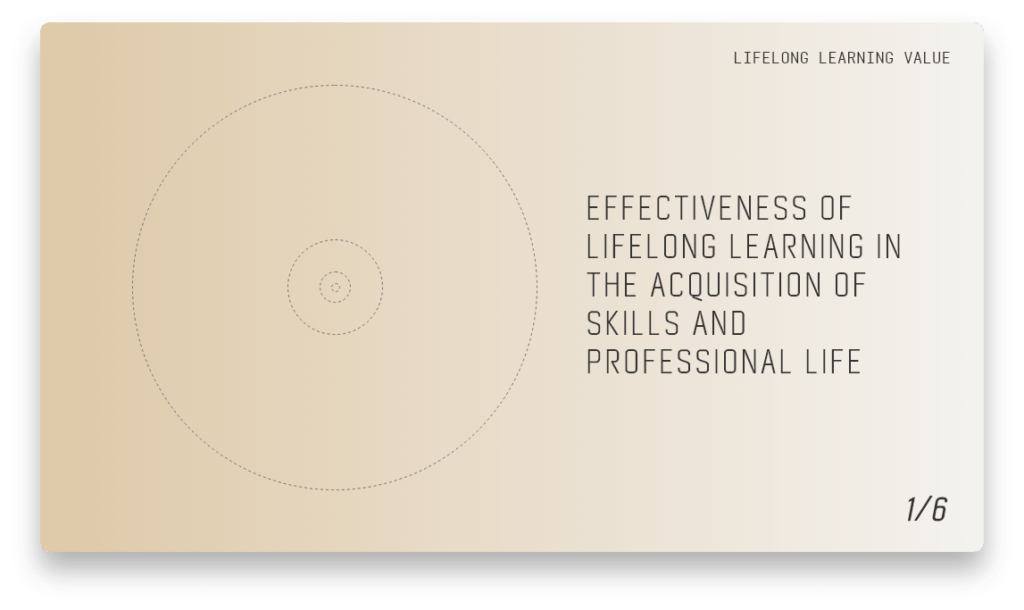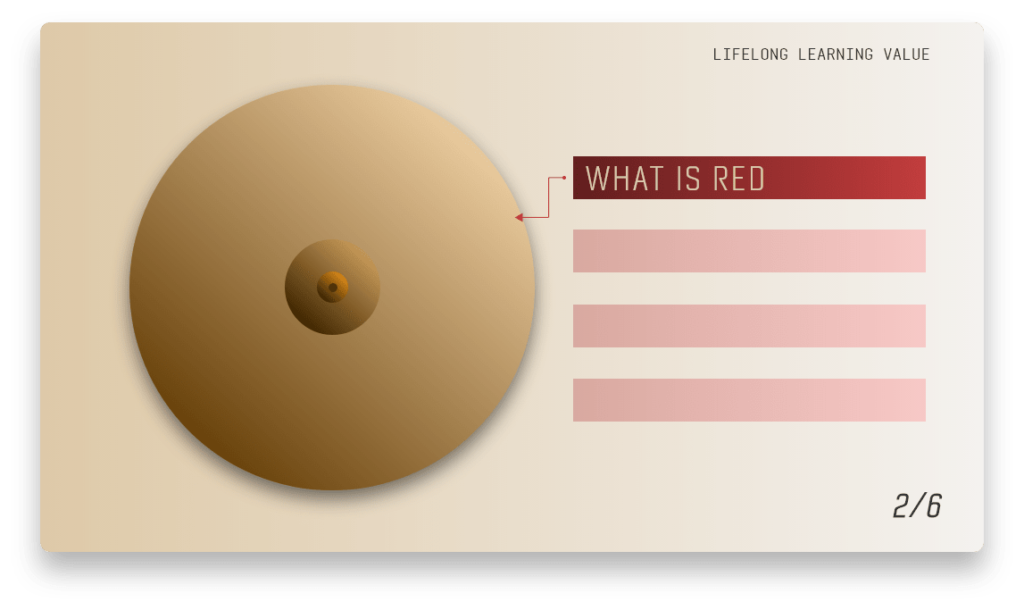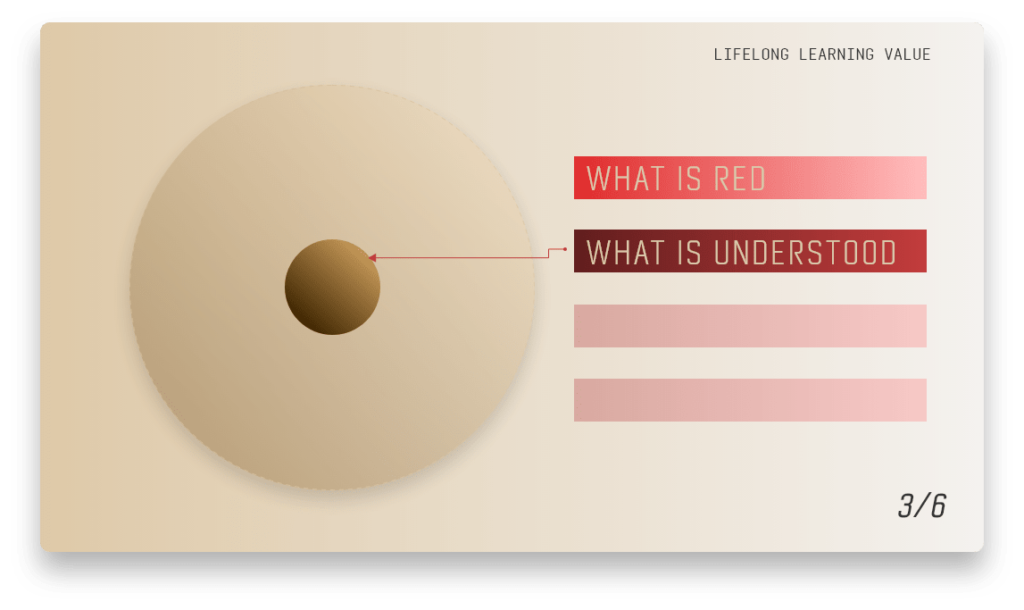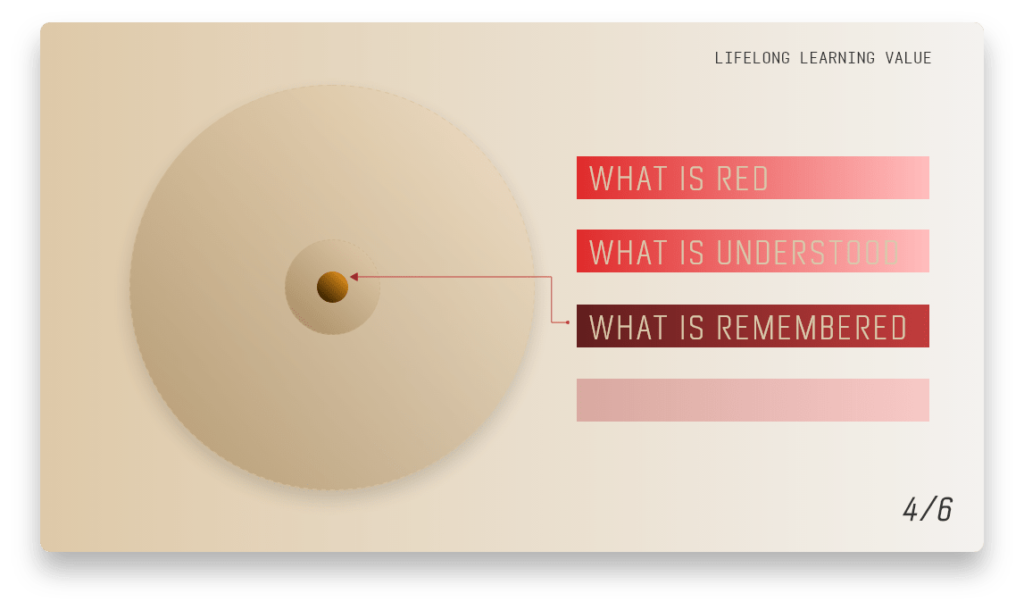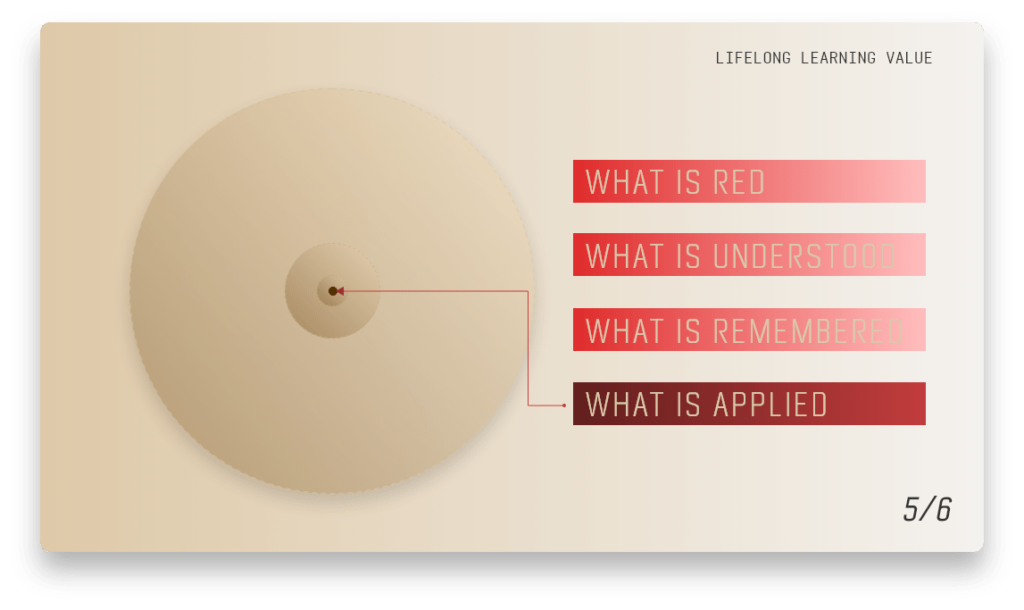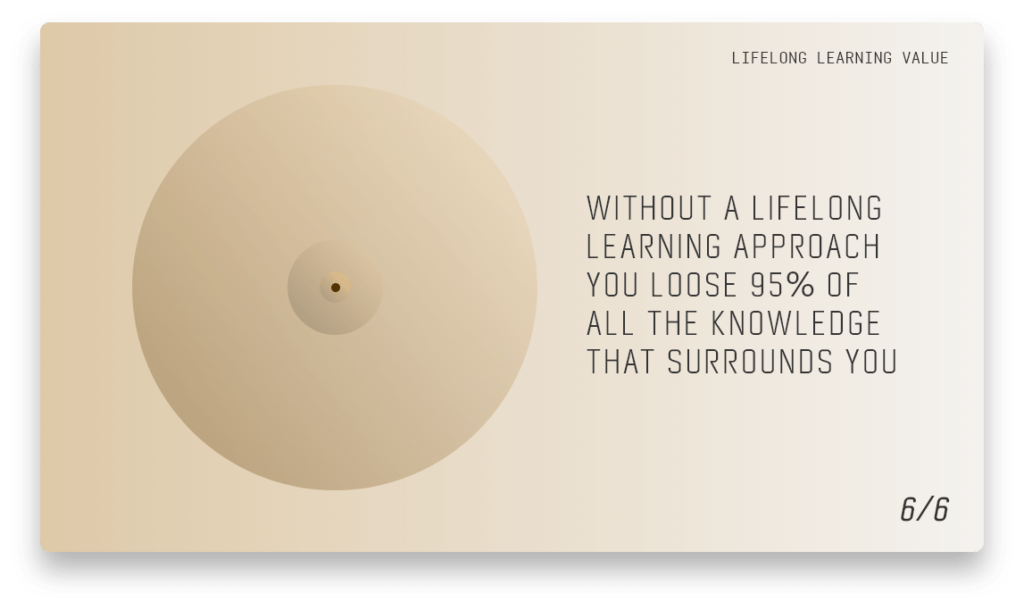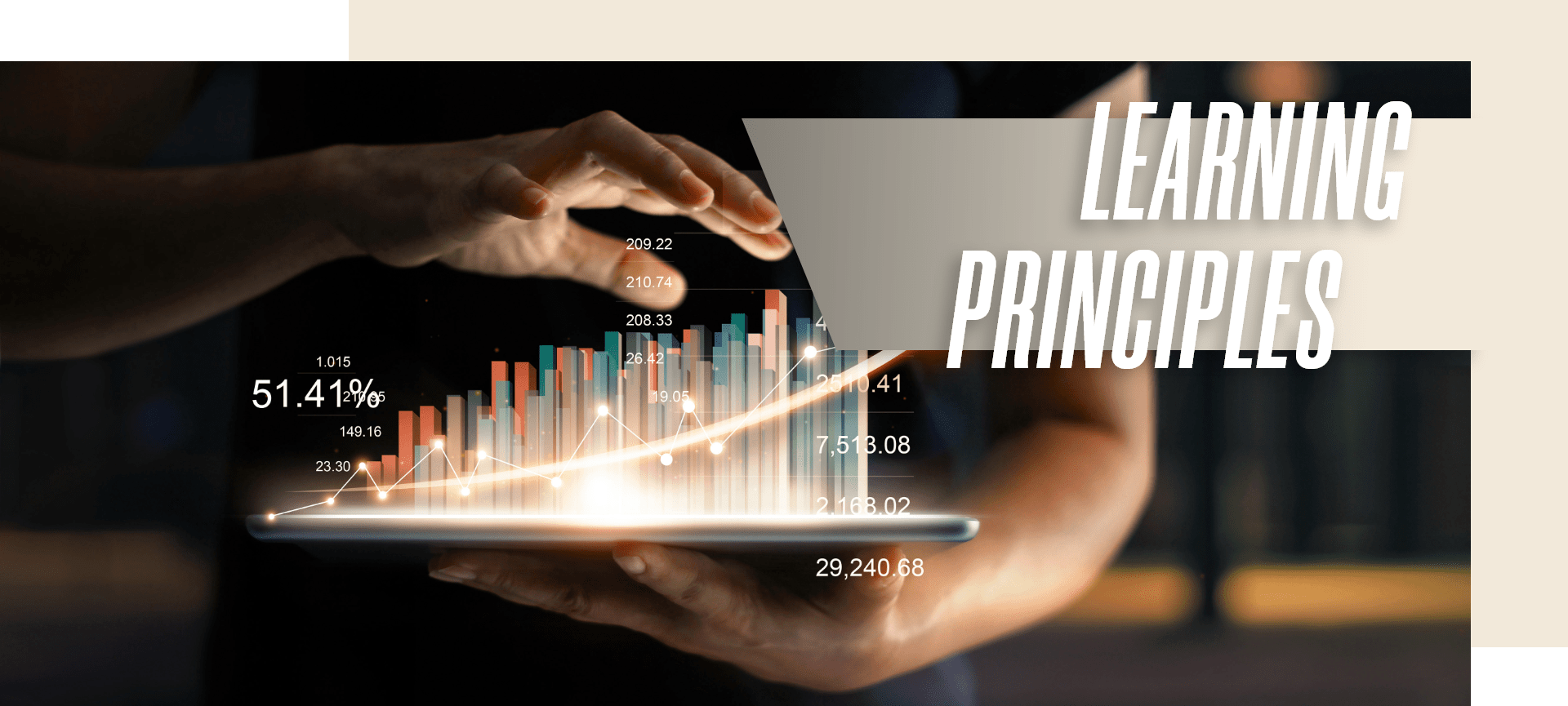
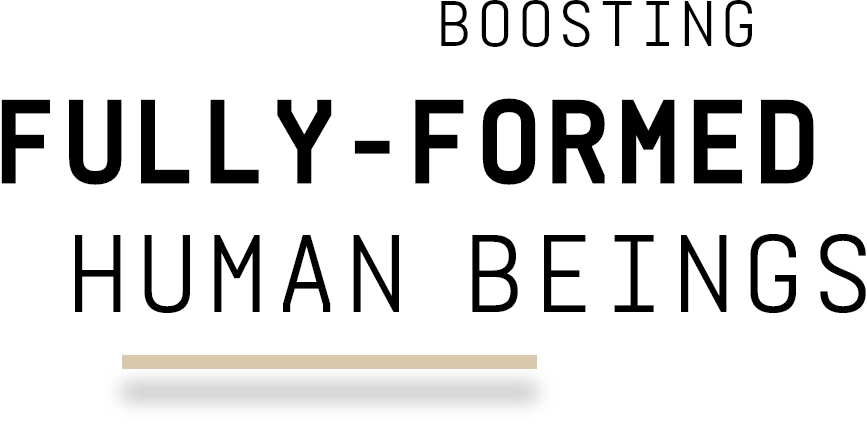
Learning is the spontaneous and innate process of building personal meaning from information and experience, filtered through each individual’s unique perceptions, thoughts and feelings.
The challenge for the modern world is to face future needs through the development of innovative mental patterns and their application. The goal of learning is to understand, apply and transfer knowledge in a variety of contexts.
NOTHING IS MORE EXHILARATING THAN TO FIND OUT SOMETHING FOR THE FIRST TIME. SOMETHING THAT HAVE EXISTED FOR YEARS BUT WAS NEVER KNOWN.
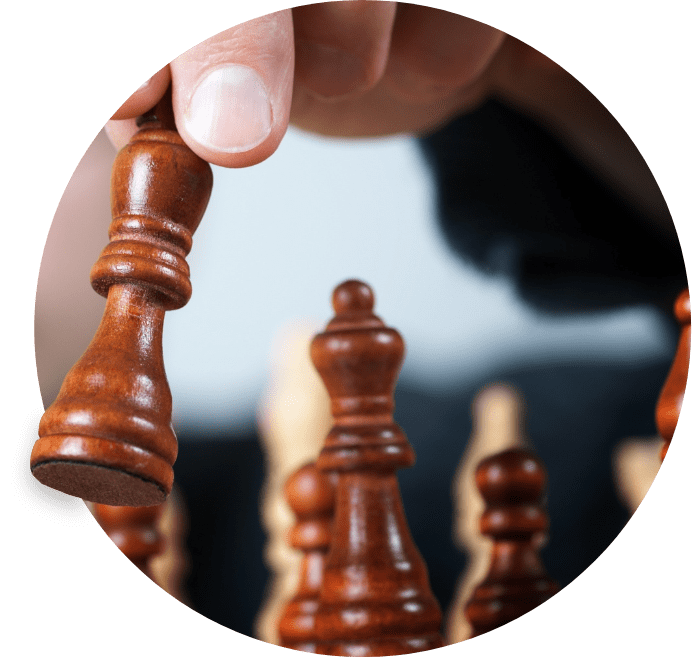
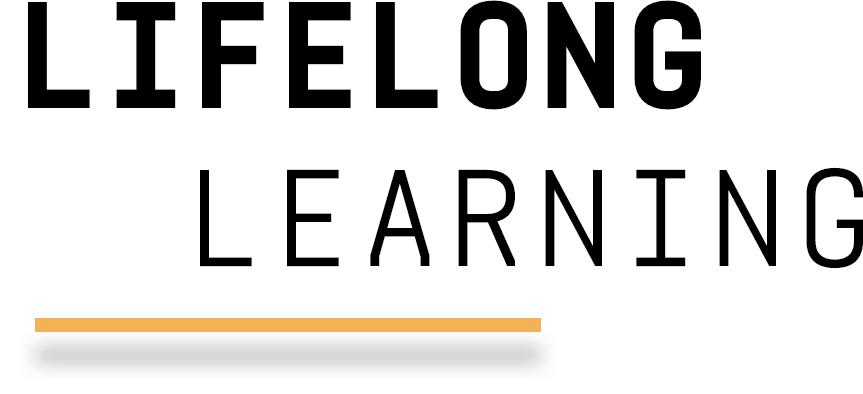
GROWING A NEW WAVE OF EAGER LEADERS TO ADDRESS SOME OF THE MOST COMPLEX PROBLEMS THE WORLD HAS TO FACE.
Formal education tends to emphasize the acquisition of knowledge at the expense of other types of learning essential to support human development.
Traditional education focuses on the training of “ready” people, a category of ready-to-use workers, trained exclusively to carry out the operations and activities necessary in the company.
But this approach is completely inadequate for all the actors involved, companies or workers, since we live and work in a context characterized by rapid and unpredictable technological, scientific, social and cultural changes.
Companies must be forward-looking, understand what the choices, skills, know-how and human capital are that will allow them to survive and grow in the medium to long term.
WHEN WE STOP LEARNING
WE STOP GROWING.
Loyal Lewman
ENDLESS TRAINING
For this reason it is necessary to invest in a type of training that favors the formation of mature personalities, able to continuously learn and see the study process as a permanent state of professionalism.
In this scenario, training does not become a cost that companies must limit, but a strategic investment line for its competitiveness, perhaps the most important of all.
Classical higher education was designed for people who studied early in their life and then devoted themselves to work and profession. Modern training is instead a constant resource that accompanies every phase of a person’s life.
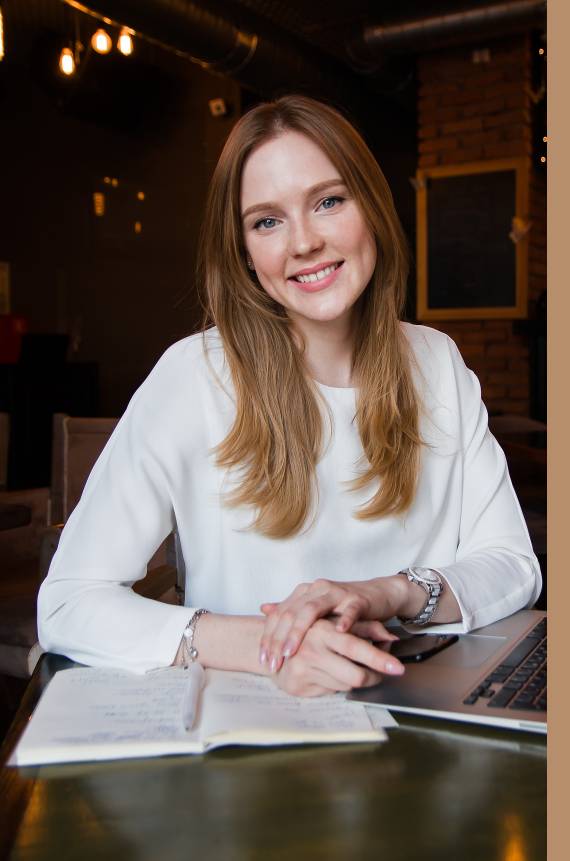

T-MODEL
Today every individual must have a specific competence. A multidisciplinary training resulting from the meeting of excellence, through the combination of deep and complementary skills.
To achieve this multidisciplinarity, training programs on the T model are required. In this model, the vertical part concerns the acquisition of a specific professionalism: that is, a subject to know all about.
While, the horizontal part concerns a wider knowledge that allows the person to interact with other people with complementary cultures and skills. An essential element of this part are soft skills.
CFO: “WHAT IF WE SPEND TIME AND MONEY TO TRAIN OUR EMPLOYEES AND THEN THEY LEAVE?
CEO: “AND WHAT IF WE DON’T TRAIN THEM AND THEY STAY?”
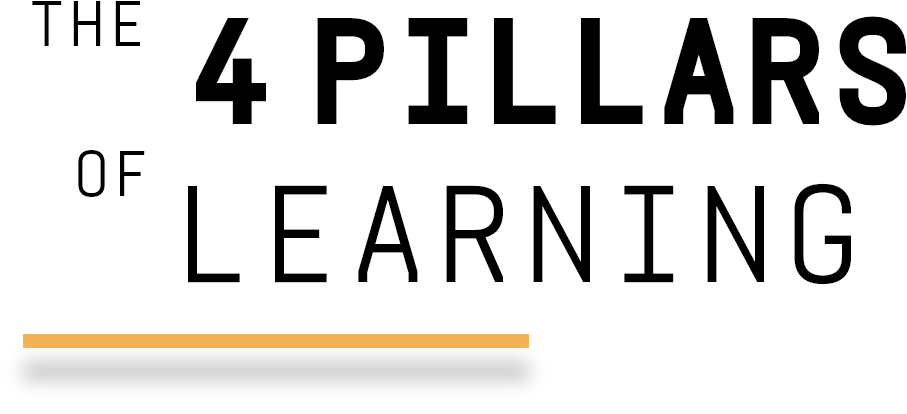
Based on this analysis, Sonder Industries offers a renewed vision of learning in which it reaffirms and expands the concept of Lifelong Learning.
This concept responds to the challenge of a rapidly changing world, since it offers advantages such as flexibility, diversity and availability at different times and in different places. And it is from this paradigm that the four pillars of learning emerge.
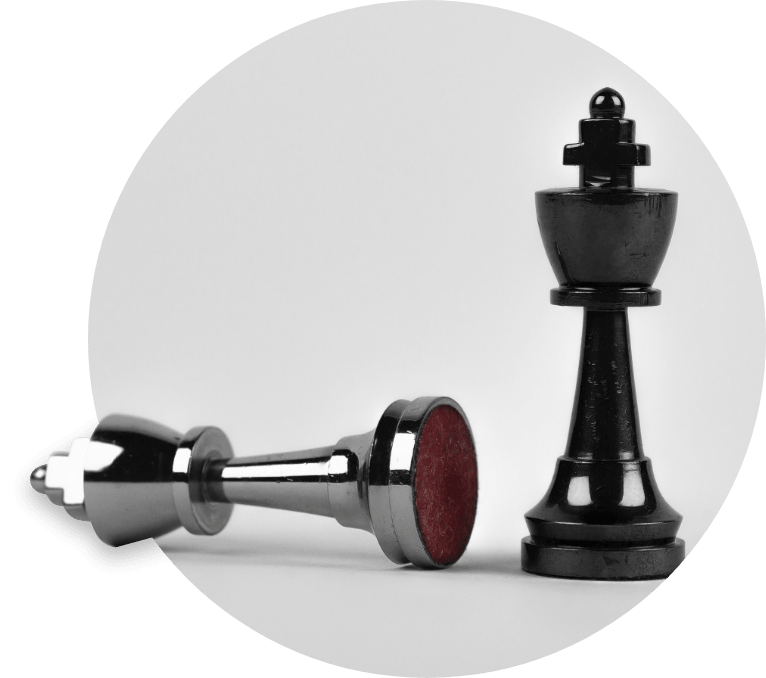
LEARNING TO KNOW
The ability that allows people to benefit from the learning opportunities that arise during life.
Considering the rapid technological, scientific and social changes, learning to know allows the acquisition and combination of many concepts that to work in depth on a selected number of topics.
LEARNING TO DO
The acquisition of the skills necessary to practice a profession.
Partnerships between the world of education and business allow training to interact with the world of work and let people develop the ability to adapt to a variety of often unpredictable situations and to work in a team.
LEARNING TO BE
This is the ability that more than any other maximize the development capacity of human potential.
In the 21st century everyone needs to develop and exercise greater independence and judgment combined with a stronger sense of personal responsibility for achieving common goals.
LEARNING TO LIVE TOGHETER
The ability of understanding others, their history, their traditions and their spirituality. Capacities that provide a basis for creating a new spirit.
A spirit that induce people to carry out common projects or manage conflicts in an intelligent and peaceful way.

The Format
Our program offers custom training, mentoring and project support for participants.
An ecosystem populated by minds looking for ambitious challenges and highly motivated to achieve goals,
Through an all-encompassing path, professionals and organizations can reach their full potential.
The Formula
Training + Mentoring + Ecosystem + Connections
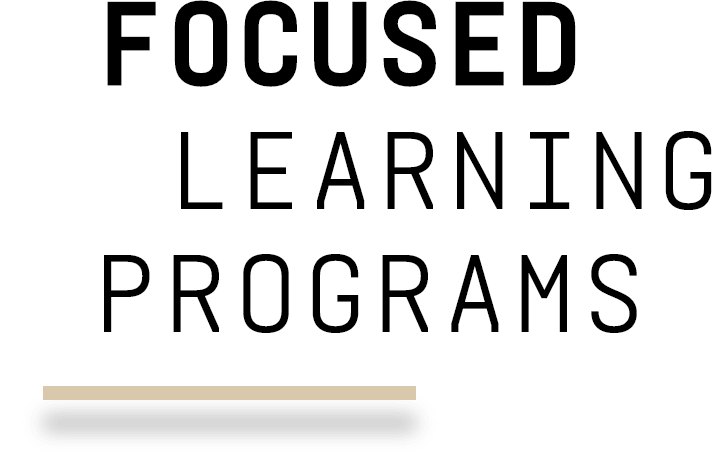
All programs cross different disciplines, providing participants with knowledge and methods of technology, management and humanities.
Key elements of the approach to interdisciplinary programs include exploring the connections between disciplines and addressing real-world social and commercial issues.
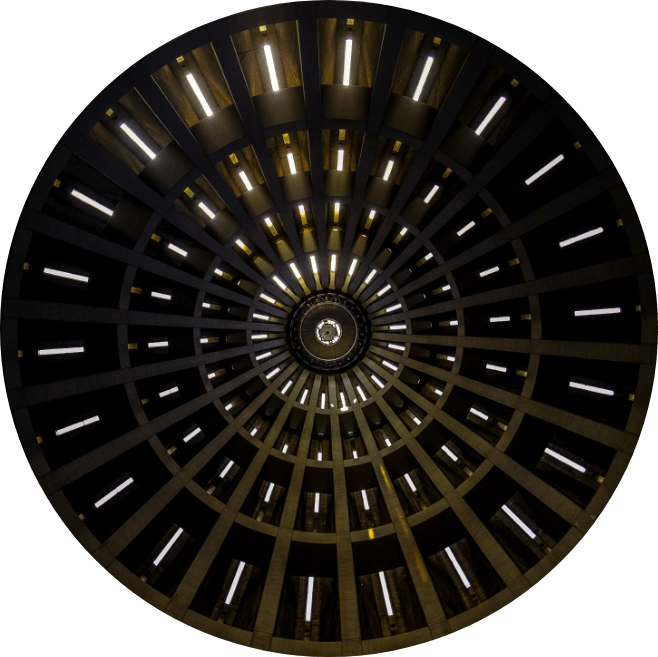
FOR INDIVIDUALS
We offer open enrollment programs for individuals and groups around the world for personal or professional development.
FOR COMPANIES
We partner with companies across sectors and geographies developing trainings that enhance collaboration, leadership and innovation leading to improved team performance.
FOR ORGANIZATIONS
We work in partnership with organizations helping those who would not otherwise be able to participate in our training.
What Can You Do With Sonder's Training Programs?
BASICALLY ANYTHING
- Ideate New Projects
- Develop New Products
- Communicate Your Story
- Manage Your Organization
- Lead Your Team
- Transfer Knowledge
With a technical and practical knowledge and a deep understanding of how people think and communicate, these programs will help you stand out and unlock your full potential at work and in life.
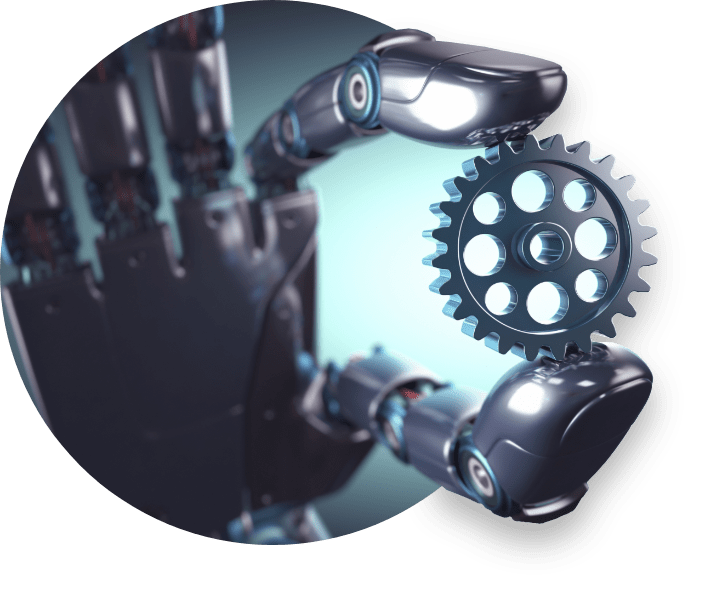
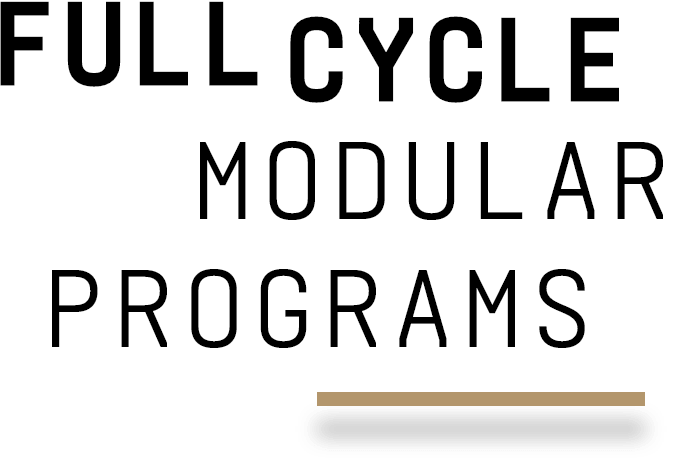
It is no longer enough to graduate. Everyone will constantly need to have the right skills. The skills that companies, the market and, ultimately, the world will look for, the practical skills that you can actually apply, today and tomorrow.
In an age where knowledge is available to everyone, the value of generating one’s knowledge has increased significantly. By studying a wide range of topics and methods you will be well-positioned to generate knowledge acquired in a wide variety of disciplines, both in your areas of interest and in the areas of interest of your stakeholders.
Skills For The Future of Works
Through all these programs you will have access to practical know-how. You will learn to communicate effectively, both across disciplinary boundaries and different industries, so that you can offer truly useful work to a variety of audiences.
By the end of each program you will have a thorough knowledge of all the nuances related to the ethical issues associated with your work.
EXPLORE ALL PROGRAMS


